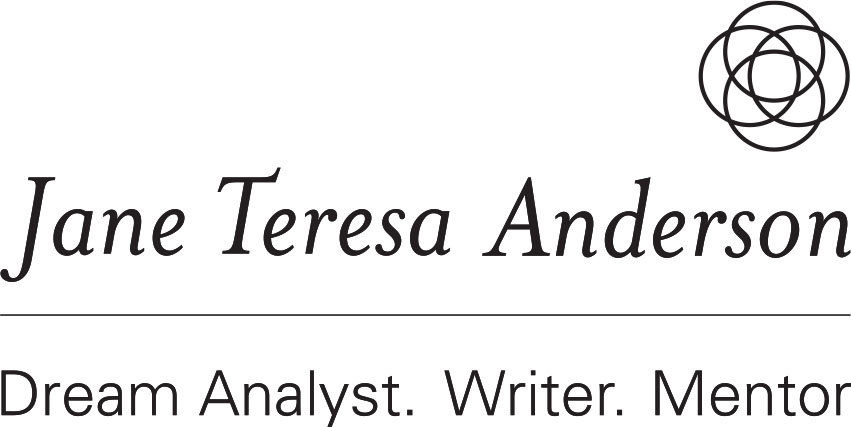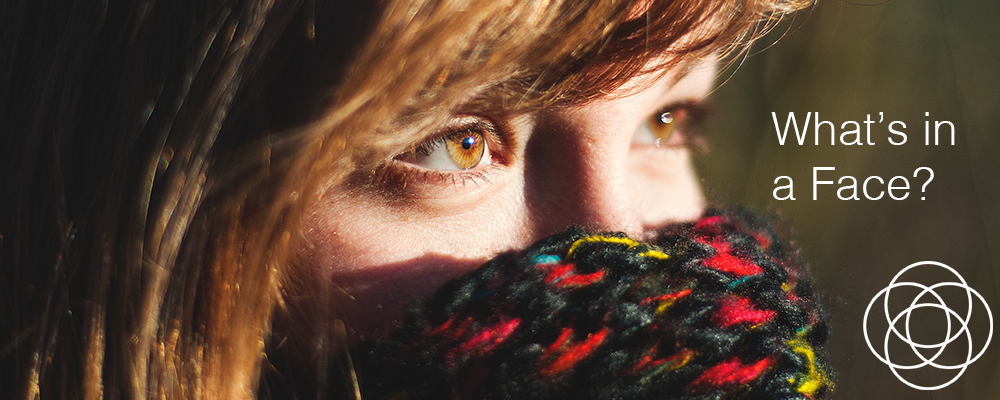Half boy, half beast, he sat on the edge of a swimming pool in a dream I had once upon a time. His body seemed stunted, his face albino white, a long wide nose, no eyes. I was very wary of him. Not sure how he’d respond to me.
If I were to write a blog about my top ten tips for interpreting dreams, I’d include ‘Everything and everyone in a dream represents something about the dreamer’. A nice neat statement, but pretty scary when you dream about a murderer, a rapist, or just someone you really don’t like. Or a boy-beast.
I will reveal the boy-beast, but let’s begin with the murderer. Dreaming of a murderer does not mean you have murderous intent. There is no one-size-fits-all interpretation in dream analysis, but a starting point is to look at who the dream character is murdering (or has murdered) so you can get a feel for what kind of energy the murderer wants to quash, then to ask yourself where a similar battle is going on within you.
You can also contemplate your dream murderer, look at how he acts, examine his face, his body language, gather clues from this symbol your dreaming mind has created to represent something about you and your beliefs about life. You can also – when you are awake – question him by doing a dream dialogue. (One of the thumbnails at the end of this article links to a light-hearted dream dialogue to illustrate how this is done. Have your dream murderer dialogue with the person he has killed or wants to kill. Find out where he’s coming from.)
But let’s scale it back down. Let’s look at the boy-beast I once met in a dream.
I was as wary on waking as I was in the dream. What did this strange creature represent about me, and did I really want to know? My first instinct was to let it go, but my more intelligent self knew that there would be much to gain from discovering something new about myself.
I thought about his face, and wondered what it was about his long wide nose that seemed important. The answer appeared in my mind immediately: he relied on his instinct to smell danger and respond. Just as quickly I realised that was why he didn’t have eyes. He represented blind instinct – my blind animal instinct.
He was albino white because my dreaming mind saw him as having just emerged from the pool, from the darkness of my unconscious into the light of day, with no time yet to gain a sun tan. Dreams reflect our conscious and unconscious experiences of the couple of days before the dream, and when I looked back I realised I had become newly aware of responding in a particular situation through blind instinct, and this was stunting my growth. The details of the rest of the dream painted the whole picture.
I wonder who first coined the term blind instinct to describe an innate (or perhaps also learned) response to a situation that bypasses conscious awareness (at least in the moment it occurs). We respond without seeing, without an eye to consequence, driven by an urge to survive. Those instincts we share with animals – to bare our teeth and growl in defence, to run and hide to save our skins, to feather our nests to provide for our young, to roll over and play dead, to bite back – are genetically programmed to keep us safe and protect our species, but the more we are aware of our instincts the more we can take a moment, breathe, open our eyes, reflect, and choose better ways to respond.
There’s been a lot of controversy over the last century or so about the nature of instinct: how much is innate, how much is acquired in early life. Dreams allow us to discover our automatic, habitual, unconscious responses to life situations that we sense as life threatening. We share many of these with animals, and others we individually acquire in early life, building our behavioural survival skills with blind awareness: appease an angry parent, undermine a sibling to gain attention, get sick to be cared for, throw a tantrum to get what you want, sacrifice your needs to be protected, look the other way to be loved.
“You have such a cool job,” someone said to me recently, and it’s true. I am constantly in awe of the nature of our dreams and the life-changing insights they offer us when we are prepared to look. And I’m constantly in awe of our dreaming minds that so easily come up with picture-perfect renditions of – for example – the face of blind instinct. Asleep and dreaming we are outrageously creative: our challenge is to courageously bring more of our magnificence into the light of day and let it shine.
You might also enjoy

